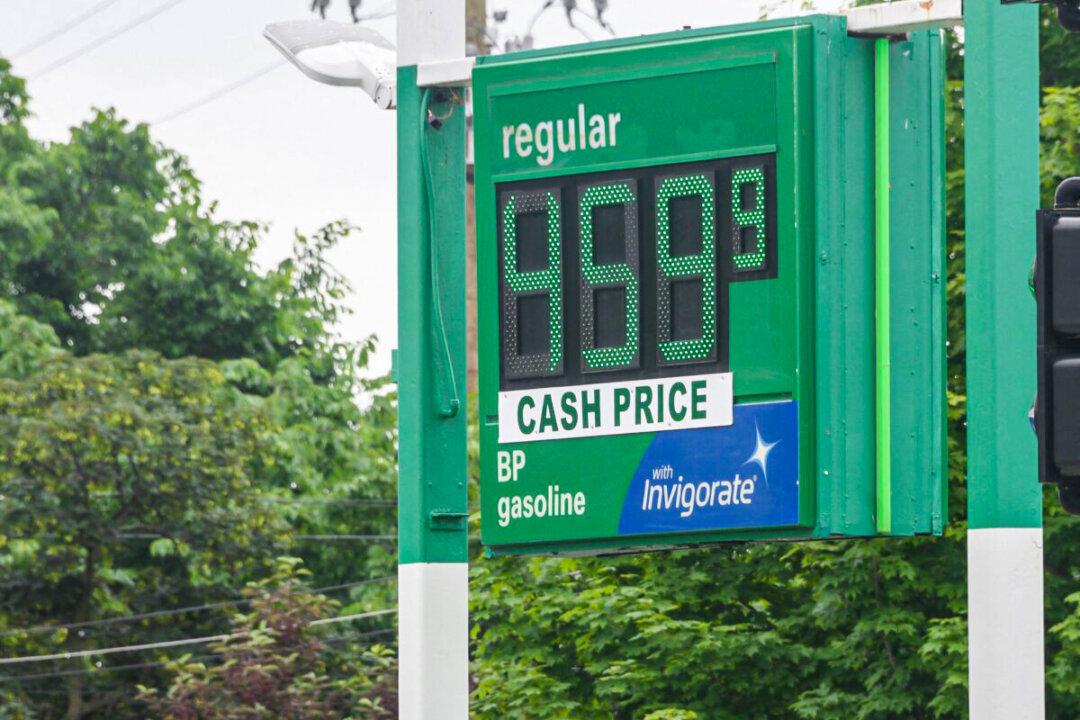Support for a national ban on “assault weapons” is at an all-time low among American voters, according to a national poll that ranked inflation as a more pressing issue than “gun violence.”
According to the national Quinnipiac University Poll of more than 1,000 random adults, 50 percent say they support a national ban on “assault weapons,” which is the lowest it has been in the poll’s history; 45 percent do not support a ban.





